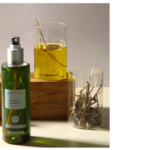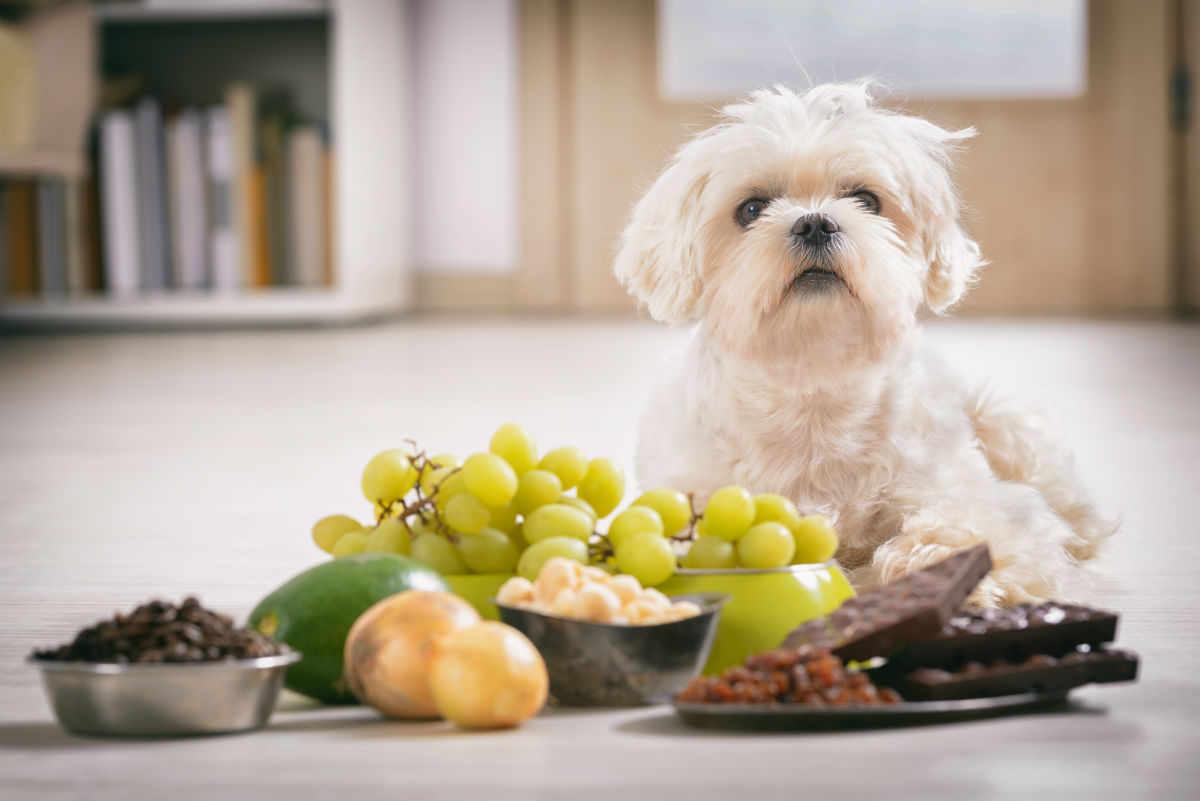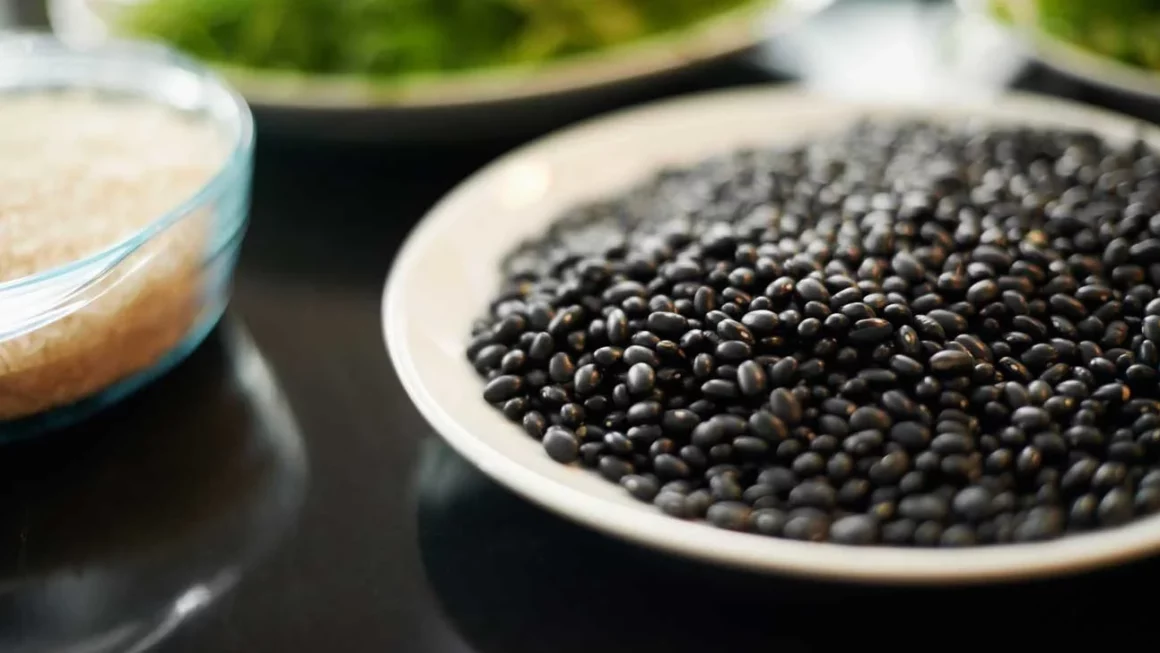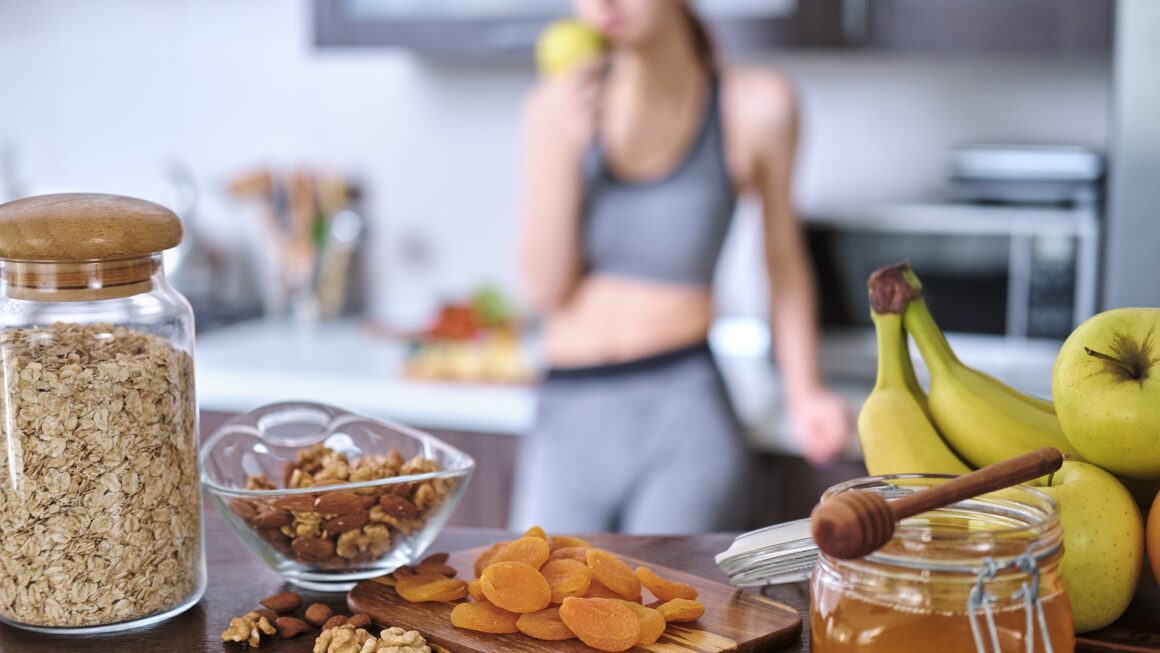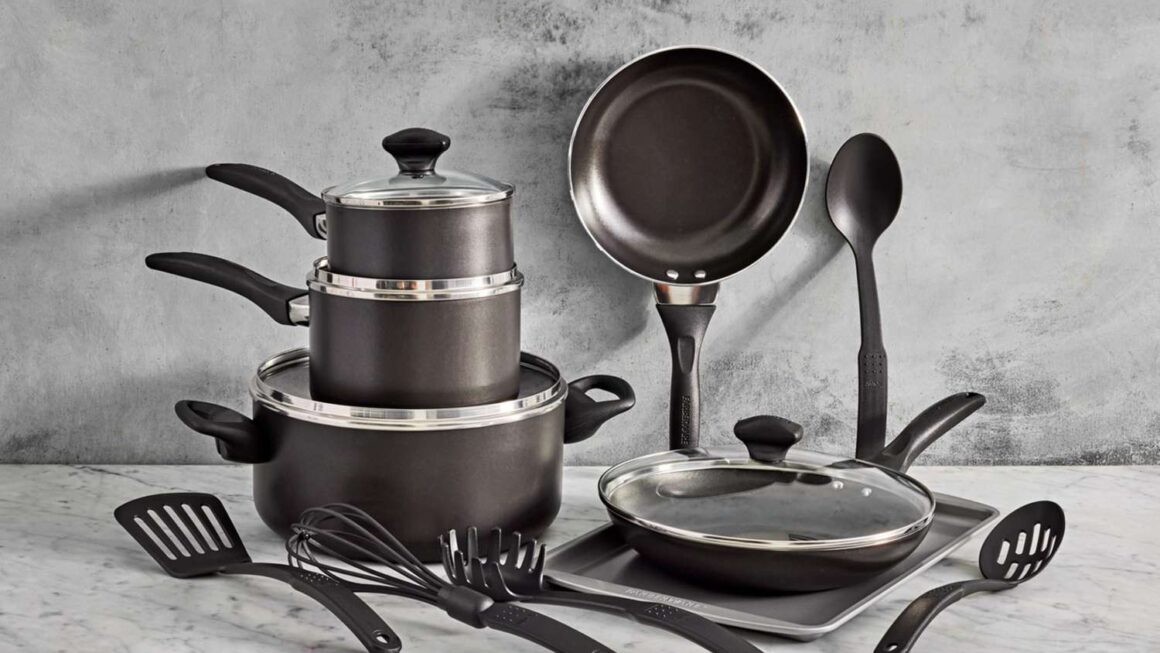As the holiday season approaches, many families look forward to festive gatherings and indulgent meals. However, it’s crucial to be mindful of the foods we share with our furry friends. While we may be tempted to include our pets in the holiday feasting, some common Christmas foods can be toxic to them. This guide highlights 10 toxic foods that your pets should avoid this Christmas, helping you ensure their safety and well-being during the festivities.
1. Chocolate
Toxic Component: Theobromine and Caffeine
Chocolate is a staple during the holidays, but it poses a severe threat to pets, especially dogs and cats. Theobromine and caffeine, present in chocolate, can lead to symptoms like vomiting, diarrhea, increased heart rate, and, in severe cases, seizures and even death. Dark chocolate is particularly high in these substances, making it more dangerous for pets.
2. Grapes and Raisins
Toxic Component: Unknown
Grapes and raisins, commonly found in fruitcakes and other holiday treats, can be extremely harmful to pets. The toxic substance within grapes that affects dogs and cats is unknown, but ingestion can lead to kidney failure. Even small amounts can be dangerous, so it’s crucial to keep these festive snacks out of reach.
3. Alcohol
Toxic Component: Ethanol
While celebrating, it’s important to keep alcoholic beverages away from pets. Ethanol, found in alcoholic drinks, can cause severe intoxication in animals, leading to symptoms like vomiting, disorientation, lethargy, and even coma. Ensure that spilled drinks are cleaned promptly, and alcoholic beverages are stored securely.
4. Onions and Garlic
Toxic Component: Thiosulphate
Onions and garlic, common ingredients in holiday dishes, contain thiosulphate, a substance toxic to pets. Ingestion can lead to oxidative damage to red blood cells, causing anemia. Signs of toxicity include weakness, lethargy, vomiting, and, in severe cases, collapse. Be cautious about sharing dishes seasoned with these ingredients with your pets.
5. Bones
Toxic Component: Splintering
While it’s a tradition to give dogs bones during the holidays, certain types can be hazardous. Cooked bones, especially those from poultry and other meats, can splinter and cause choking or internal damage. Opt for pet-safe, raw bones if you want to treat your dog during the festive season.
Read more about – 10 Great Holiday Deals That You Can Grab at Low Price
6. Nuts, especially Macadamia Nuts
Toxic Component: Unknown (Macadamia Nuts contain a toxin)
Nuts are often present in holiday recipes and snacks, but some varieties can be harmful to pets. Macadamia nuts, in particular, contain an unknown toxin that can lead to symptoms like weakness, vomiting, and hyperthermia in dogs. Keep all nuts, especially macadamias, out of reach of your pets.
7. Xylitol (Artificial Sweetener)
Toxic Component: Xylitol
Xylitol is an artificial sweetener found in many sugar-free products, including gum, candies, and baked goods. While it’s safe for humans, it can cause insulin release and lead to hypoglycemia (low blood sugar) in dogs. Xylitol ingestion can also result in liver failure. Ensure all sugar-free treats are stored securely to prevent accidental ingestion by pets.
8. Fatty Foods
Toxic Component: High Fat Content
Rich, fatty foods like turkey skin, ham, and gravies are festive favorites, but they can pose a risk to pets. High-fat foods can lead to pancreatitis, a painful inflammation of the pancreas. Symptoms include vomiting, diarrhea, and abdominal pain. Avoid sharing fatty scraps with your pets to prevent digestive issues.
9. Dairy Products (for some pets)
Toxic Component: Lactose
While some pets can tolerate dairy, others are lactose intolerant, lacking the enzyme needed to digest lactose properly. Feeding dairy products to lactose-intolerant pets can lead to gastrointestinal upset, including diarrhea and stomach cramps. Be mindful of your pet’s tolerance before sharing holiday treats containing dairy.
10. Spices
Toxic Component: Varied
Certain spices commonly used in holiday cooking, such as nutmeg, can be harmful to pets. Ingesting nutmeg can result in symptoms like increased heart rate, hallucinations, and abdominal pain. Other spices like cinnamon can cause gastrointestinal upset. Keep pets away from spice-laden dishes and baked goods.
Conclusion
As you celebrate the holiday season, it’s important to prioritize your pet’s safety by being aware of the foods that can be harmful to them. While it’s tempting to share the joy of festive meals with your furry companions, it’s crucial to avoid potentially toxic foods. If you suspect your pet has ingested something harmful, seek immediate veterinary attention. By staying vigilant and taking preventive measures, you can ensure that your pets have a happy and healthy holiday season alongside you and your family.


